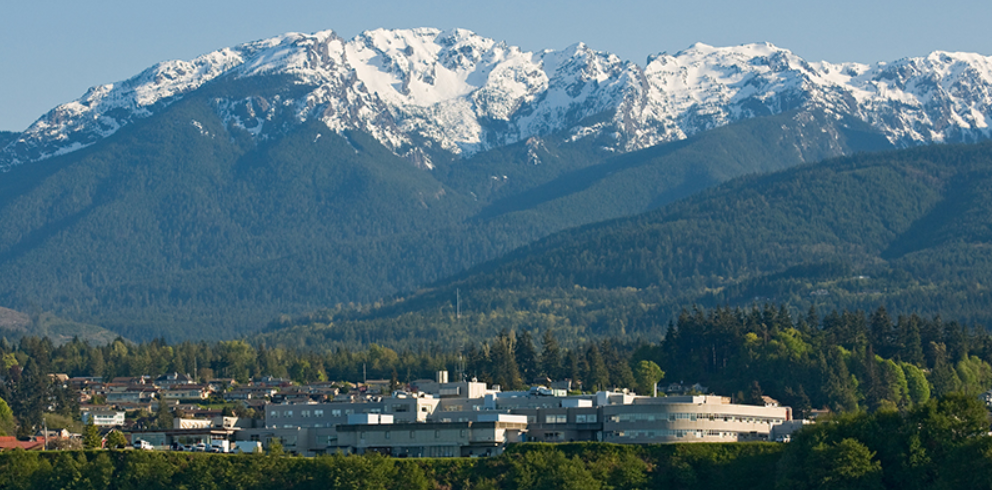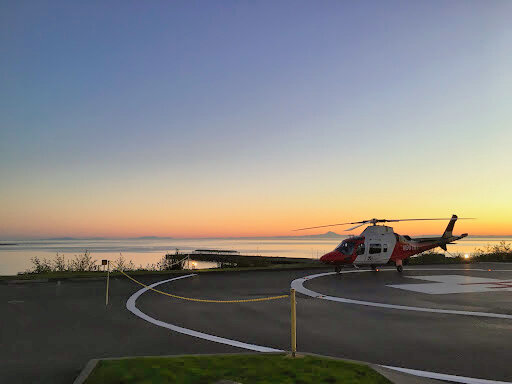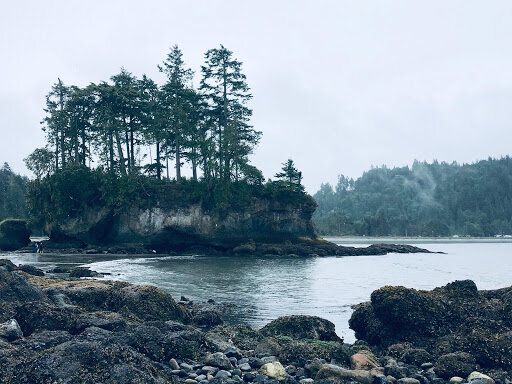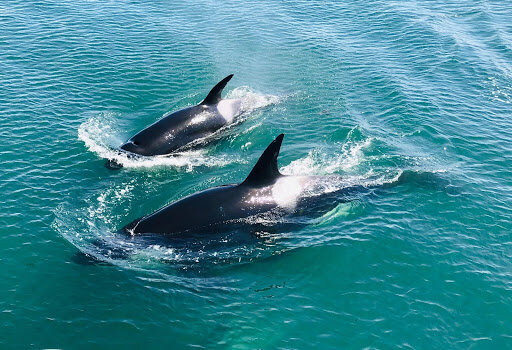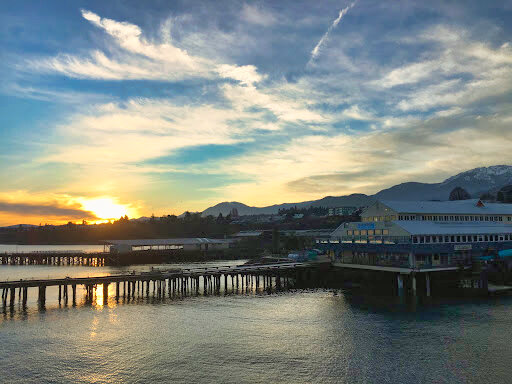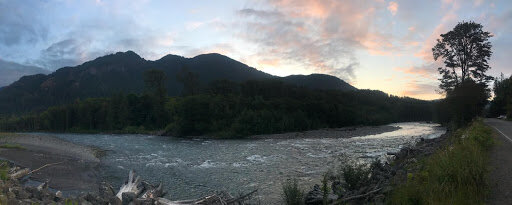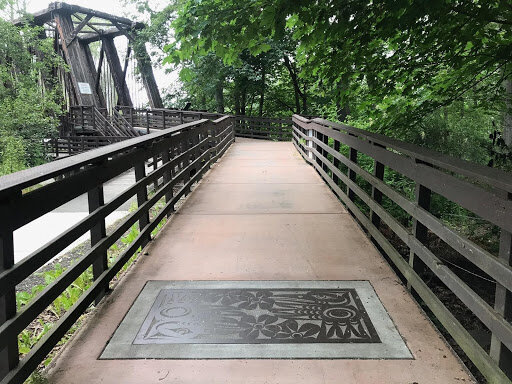About Port Angeles
History
Residents and Faculty at the Port Angeles Rural Training Program dedicate their career first and foremost to serving communities. Ultimately, to serve a community is to know the history of the community and the land n which one resides.
Port Angeles is geographically located between the Olympic Mountain Range and the beautiful Strait of Juan de Fuca, approximately 2-3 hours west by car from Seattle. As the gateway to the Olympics, Port Angeles holds rich human history encompassing more than 10,000 years of human habitation and community. Located closest in proximity to the Lower Elwha Nation (Nəxʷsƛ̕ áy̕əm “strong people”), the Makah, Quileute, Hoh, Quinault, Skokomish, Port Gamble S’Klallam and Jamestown S’Klallam have inhabited the Olympic Peninsula for thousands of years. More recent history brings European colonization, namely the Spanish, and the naming of the small rural town. “Port Angeles” originates from Francisco de Eliza’s claiming of the land for Spain in 1791, originally Puerto de Nuestra Señora de los Ángeles.
The subsequent drastic, violent societal and geographic change culminating in the Port Angeles we know today played out across the rest of the growing Americas. As a residency, we recognize both the residual and ongoing damage caused by this colonization in all forms, striving to live and practice anti-racist, fair and equitable medicine inclusive of any sex, gender identity and orientation, ethnic, religious, legal, housing, employment or incarceration status. The work of growing is never ending - see below for some of our favorite readings, videos and podcasts to keep learning:
People of the Peninsula: For more information on tribal communities of the Olympic Peninsula and to access individual tribal websites.
Carnegie Museum: Local museum run the Lower Elwha Klallam Tribe
One Square Inch of Silence: movement to preserve silence in the Hoh rainforest
Where We Live and Play
Olympic National Park is designated as an International Biosphere Reserve and World Heritage site, cradled by the Pacific Ocean in the west, Strait of Juan de Fuca in the north, and the Hood Canal and Puget Sound to the east. Experience world-class hiking, fishing, crabbing, and kayaking opportunities around the park, or take the Black Ball Ferry from downtown to Victoria, Canada, and access the vast Vancouver Island and San Juan Islands. Explore the following links for a must-see Olympic Peninsula to-do list:
